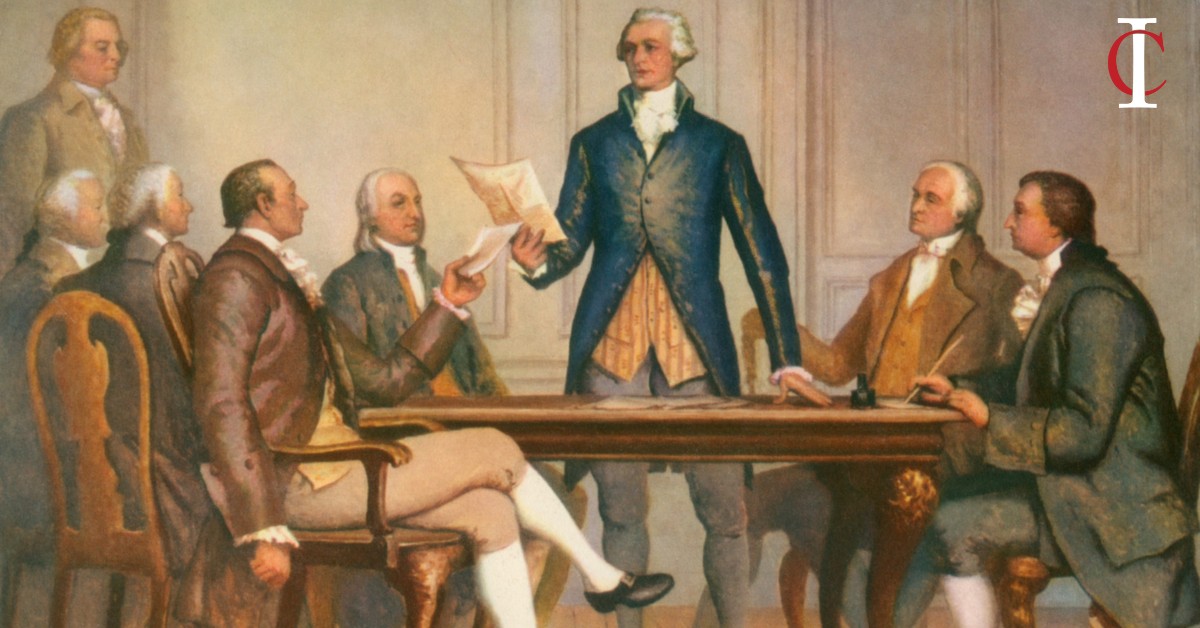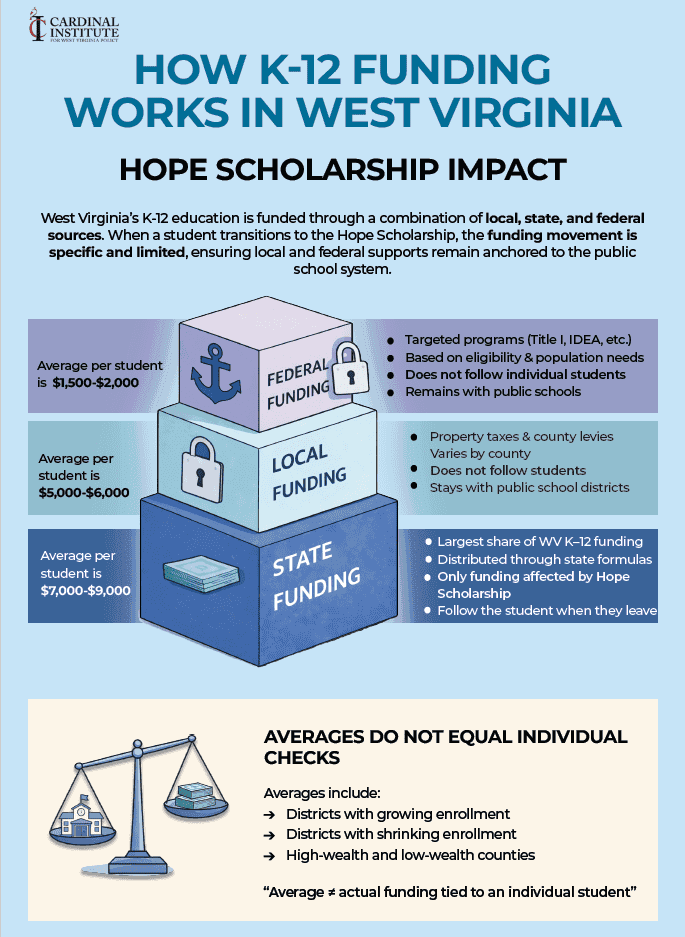
Civil Discourse & Civics Education in Schools
Civil Discourse Is Lacking Because Civics Education is Sidelined
You don’t have to look very hard to surmise that civil discourse in this country is fundamentally lacking. Often, there seems to be an outright refusal to engage in anything that might resemble a reasonable discussion. What is most surprising about this phenomenon is that civil discourse has been the backbone of our society from its earliest days. So where did it all go wrong?
Look no further than your local elementary or middle school. You will find many things that you would expect: reading, math, and likely a bit of science. You may be shocked to discover that American schools are sidelining or even completely omitting American history, geography, and civics.
There is a direct correlation here. Allow me to take you back in time for a moment to your first American history lessons.
Founders Used Civil Discourse to Debate the American Revolution
Since Jamestown, the colonies had been doing their own thing and making their own decisions for about 170 years. Then Great Britain in her infinite wisdom decided to start laying down the law. This is fundamentally antithetical to a people that have been engaging in the deliberative political process and self-governing for almost two centuries.
Pro-Revolution
In 1775, the independence debates were heated, and the country was not a single mind on the matter. Thomas Paine, having been in the colonies for only two years, wrote a seething pamphlet calling out the crown, and expressing America’s pent-up rage against Great Britain. He entitled it Common Sense.
One of his more colorful commentaries evokes some racy imagery. In his argument that the crown has gone too far and cannot be forgiven by the people of the colonies, he says, “There are injuries which nature cannot forgive; she would cease to be nature if she did. As well can the lover forgive the ravisher of his mistress, as the continent forgive the murders of Britain.”
The entirety of this pamphlet is a supercharged call to arms, and it was a most successful one. Paine urged the colonies to see that they no longer needed a king. Common Sense helped move a divided society on independence into backing a revolution.
And that would have been enough, but Paine did not stop there. He also threw the gauntlet down. It wasn’t enough to simply state your case and whip up the emotions of the masses. For ideas to be valid, one needed to present them to the public and expose them to criticism. Paine challenges anyone willing to do so to write a response to Common Sense. And someone takes him up on the offer.
Anti-Revolution
The Reverend Charles Inglis was up to the challenge. In his response, The Deceiver Unmasked, the reverend argues that God ordained the monarchy. He says it’s needed for keeping order and stability. He says, “I find no Common Sense in this pamphlet, but much uncommon frenzy. It is an outrageous insult on the common sense of Americans, an insidious attempt to poison their minds and seduce them from their loyalty and truest interest.” Inglis’ arguments did not win the day, but they were out there for people to consider and weigh.
Civil Discourse About the Constitution
You may recall that the constitutional convention was initially planned to fix the flaws of the Articles of Confederation. But it turned into a complete overhaul to create a new constitution. This was no easy process. The Founders made many compromises through civil discourse.
Even still, not everyone present supported the new constitution. Several of the delegates to the constitutional convention refused to sign the document because among other problems, it did not have a bill of rights. Two positions emerged from this debate. The Federalists supported ratification of the Constitution as it was. The Anti-Federalists, in addition to having concerns over the lack of Bill of Rights, generally felt that the dangers of a strong central government were too great.
Anti-Federalists v. Federalists
Cue the printing press. Beginning in May 1787, the first of many essays, written both by federalists and anti-federalists, was published for the public to read. Initially, these were written mostly by opponents of the new government. A heavy hitter among these, Brutus Number 1, written by the less organized Anti-Federalists, argues that the Constitution, as it is written, is flawed and dangerous. It gives too much power to the federal government at the expense of the states. Brutus believed that this “consolidated government” would destroy the states and individual liberties. In total, the Anti-Federalists wrote somewhere between 80 and 100 published papers in opposition to the Constitution.
The more often cited and far more organized Federalists wrote 85 essays in support of the Constitution and in direct response to the views expressed by the Anti-Federalist essays. Today, many consider the Federalist essays to be among the most important and influential documents in American political history, emphasizing their crucial role in interpreting the Constitution.
The Anti-federalist and Federalist papers gave the people a window into the viewpoints and arguments of the two groups. They also gave the people reliable information they needed. This information enabled them to civilly discuss among themselves, and it empowered them to decide if the Constitution’s ratification was in their best interest.
State Conventions Ratified the US Constitution Through Civil Discourse
Additionally, the states did not have their legislatures ratify the constitution. Instead, each state had its own convention. A convention would represent the people’s will. It would do so by holding debates and engaging in discourse. The members of the conventions would debate the ratification of the constitution and decide its fate.
The publication of these essays exemplified a civilized, well-developed ongoing civil discourse about what was best for the people. The compromises and concessions that were made along the way only served to benefit the American people. While members of each group may have felt like they lost, America was the winner.
The history of the Constitution shows that true progress requires different viewpoints to come together to create the best solutions. The Constitution’s creation, debates, and compromises show students that good debate is key to progress. We can address even the deepest differences with dialogue, not confrontation.
Schools Should Teach the Example Our Founders Set for Civil Discourse
The Constitution and the narratives surrounding it should be taught in schools. Civic education teaches students to approach differences with reason rather than conflict. When taught directly, it could reproduce the processes used by the Founders themselves. Students would think about a topic and decide what they want to say about it. Then, they would develop an argument, predict counterarguments, and get ready to share them at the “bar of public reason.” This would require them to really listen to and digest the opposing opinion before giving a response.
The narrative of the Constitution reminds us that American citizens have a set of shared ideals. Unifying around those ideals can provide for the best possible outcomes, even among differing opinions. A shared knowledge of the Constitution cultivates a civic identity.
Americans are part of a larger tradition that places a high value on discourse because it serves to protect and strengthen our society and our constitutional republic. The “Us vs. Them” mentality is cliché. It is rotting our society. The future hope for saving our society is the civility and discourse of our students.
Tiffany Hoben is the Director of Education Partnerships & Strategy for the Cardinal Institute for West Virginia Policy.







